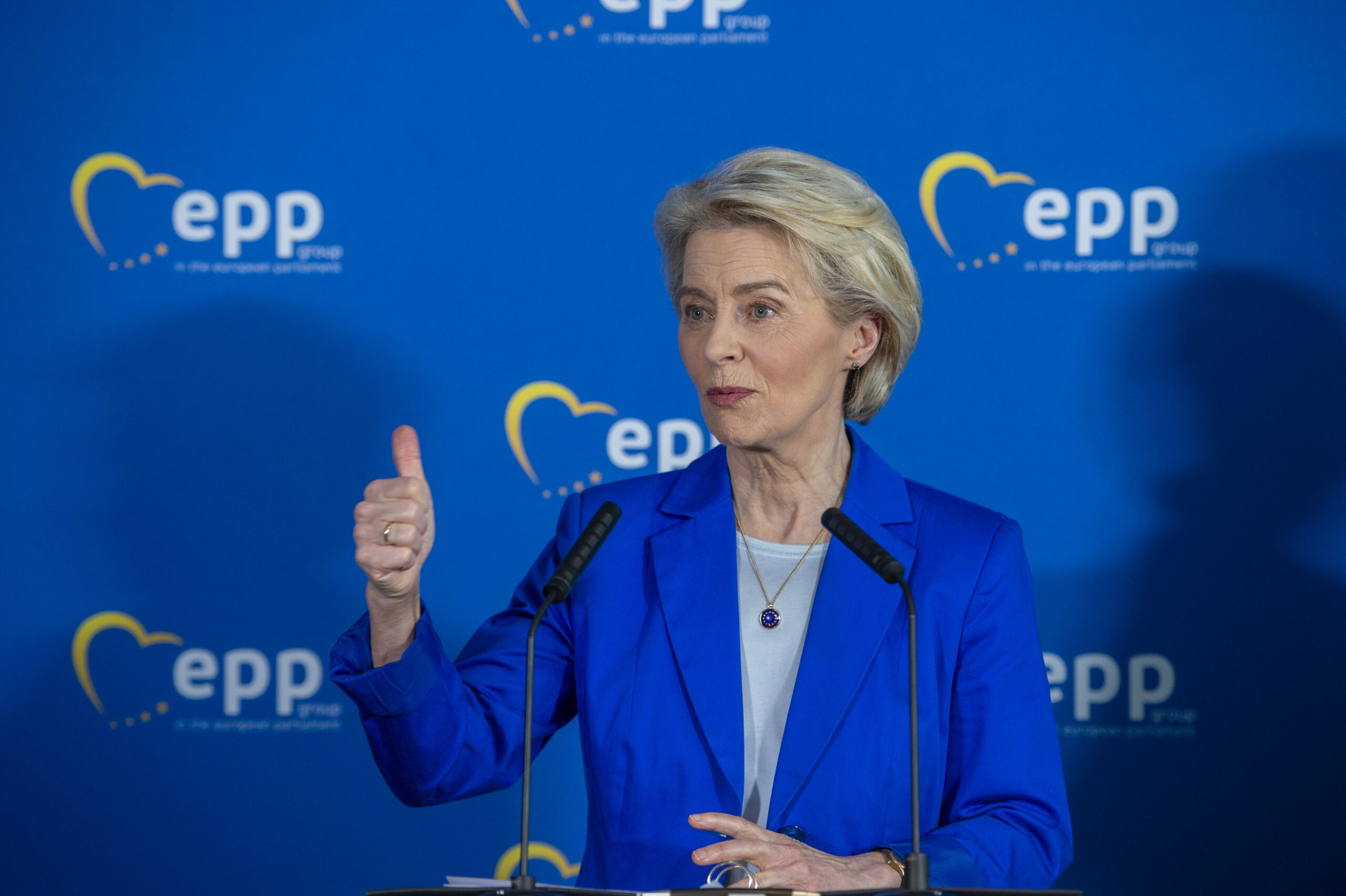Welcome to Brussels’ grand ball for green state aid

What happens in terms of state aid – with the EU Commission's stamp – in favor of companies involved in the production of materials and equipment for the energy transition
The Commission announced on Friday that a significant subsidy plan for companies engaged in the production of materials and equipment for the energy transition does not constitute a violation of the ban on state aid. 1.1 billion euros, with a maximum of 150 million per company (200 if operating in disadvantaged areas of Southern Italy) partially financed with funds from the recovery and resilience device (RRF), and therefore provided for by our PNRR.
Manufacturers of solar panels, heat pumps, batteries, wind turbines, CO2 capture and storage tools, and all those who supply essential elements for their production, will be able to receive non-repayable subsidies under the Industrial Green Deal EU Plan.
This is just the latest episode in a series that demonstrates that the energy transition can only take place if heavily subsidized with public spending, i.e. taxpayers' money. And this is true even when the money comes from the RRF, because, whether they are subsidies or loans, it will always be the state coffers that reimburse Brussels.
In short, the famous question that has always hung about the green revolution (how much does it cost and who pays?) finds an answer complete with irrefutable evidence. It costs a lot and the taxpayer will pay.
But the problems don't stop there. In fact, this uninterrupted sequence of subsidies authorized by Brussels – with Germany and France filling up – is decreeing the end of the internal market and fair competition. One of the most precious building blocks of the EU. To have a single market, competition must be protected, otherwise it is just the Wild West and the law of the strongest.
Instead, there are so many distortions introduced by these subsidies that there is no longer even a simulacrum of equal conditions of competition.
Above all, the sector of goods linked to the energy transition has for several months been characterized by the assault on the diligence of public funds, which constitute the true source of competitive advantage for operators who thus prevail over their competitors.
A race to see who gets subsidized the most.
All under the half-closed eyes of the Brussels DG Competition led by the once inflexible Margrethe Vestager and under the protective umbrella of the Temporary Framework for the transition of 9 March 2023, which in turn comes from that of 23 March 2022 for the Ukraine crisis .
In accordance with the old and always confirmed maxim according to which when there are crises, the rules no longer apply. And instead it should be exactly the opposite, because the rules are used to manage and overcome difficulties. In Brussels, the Temporary Frameworks were invented to systematically derogate from the ban on state aid, saving appearances, while hundreds of millions of public money pass to production chains that would otherwise not survive due to a lack of customers.
An unsolvable trilemma is therefore confirmed: it is not possible to have the energy transition without violating the commitment to budget consolidation and/or the destruction of competition in the single internal market. But in Brussels they continue to run at breakneck speed against the wall of reality against which they will soon crash, only to blame the populists, the right (including the "extreme", very popular variant) and so on and so forth.
This is a machine translation from Italian language of a post published on Start Magazine at the URL https://www.startmag.it/economia/benvenuti-al-gran-ballo-di-bruxelles-per-gli-aiuti-di-stato-green/ on Sun, 10 Mar 2024 08:27:48 +0000.
